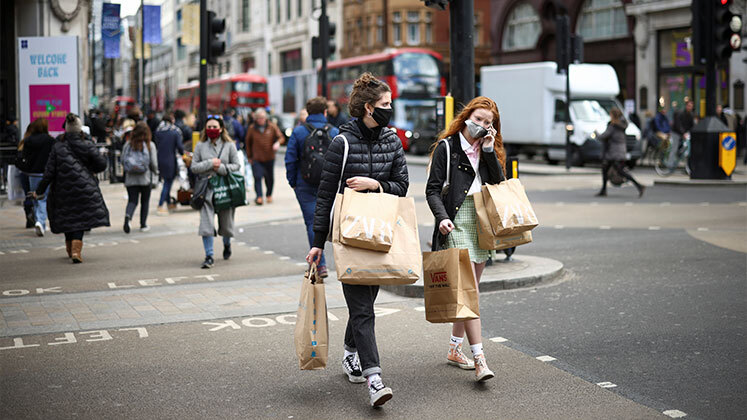
Britain’s finance ministry has announced that Chancellor Rachel Reeves plans to raise around US $ 657 million a year by scrapping the tariff exemption on imported goods valued at under US $ 177. The measure, set to be outlined in her 26th November budget, is intended to address what major retailers describe as unfair competition from overseas sellers.
Reeves has repeatedly pledged not to increase the cost of living for British households, but high-street chains such as Next and Primark-owner Associated British Foods (ABF) have argued that the current system puts them at a disadvantage. While major retailers pay tariffs on many bulk imports, consumers purchasing similar products directly from online platforms — often based in China — are exempt from tariffs if the items fall below the US $ 177 threshold.
In a statement, Reeves said it was time to ensure that local shops could compete fairly with international sellers and continue to drive growth and support jobs across the UK. The finance ministry stated that she intends to remove the low-value import exemption and will launch a consultation on how the revised customs system should be implemented. According to the ministry, any impact on consumer prices is expected to be modest.
The move aligns the UK with similar actions abroad. The United States under former President Donald Trump removed tariff exemptions for imports worth under US $ 800 in August, while the European Union is advancing plans to eliminate duty-free treatment for goods priced below US $ 173.
ABF chief executive George Weston said the decision would close a loophole that had harmed British businesses and high streets, and had allowed proper safety standards to be sidestepped. He added that the company hoped the change would be introduced swiftly.






